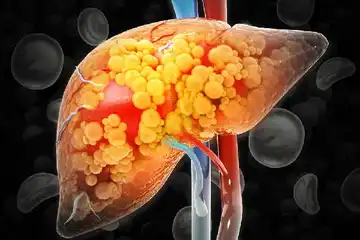What is vitamin E deficiency?
Vitamin E deficiency is the lack or reduced amount of vitamin E in the body. Vitamin E is found in nature in foodstuffs like green leafy vegetables, nuts, and seeds and in processed foods. It is found that neonates have reduced amounts of vitamin E. Its levels are found to be low in children and high during pregnancy. A deficiency of vitamin E is rare since it is abundantly available in regular food items.
What are its main signs and symptoms?
Signs and symptoms in children include:
- Trouble in walking
- Lack of coordination
- Muscle tiredness
- Reduced haemoglobin
- Weak immunity.
Ataxia may occur due to vitamin E deficiency, which causes coordination and neurological problems.
What are the main causes?
It is observed that inadequate diet especially reduced amount of fats can impair the absorption of vitamin E through food as the vitamin needs long for being absorbed from the food into the bloodstream. Some disorders that can contribute to this vitamin deficiency include:
- Liver diseases
- Diseases of the gallbladder
- Inflammation of the pancreas
- Cystic fibrosis
It is found that in developed countries, mostly disorders that affect fat absorption trigger vitamin E deficiency whereas in developing countries, lack of proper diet can cause such a deficiency.
How is it diagnosed and treated?
The physician will order a physical examination and ask about any previous history, complaints or illnesses. Vitamin E blood level may be assessed via blood test. Diagnosis is based on symptoms, lab test reports and general examination.
Vitamin E has multiple actions. Since it is fat soluble, a diet rich in vitamin E can enhance its absorption e.g., foods like nuts, seeds, and dry fruits like almonds. Vitamin E supplements may be given. Capsules are available even for new-born babies. It is important to understand that excess consumption of vitamin E-rich foods does not cause any harm to the body but excess supplement intake can cause severe bleeding and damage to vital organs like the liver.

 Doctors for Vitamin E Deficiency
Doctors for Vitamin E Deficiency  OTC Medicines for Vitamin E Deficiency
OTC Medicines for Vitamin E Deficiency



















